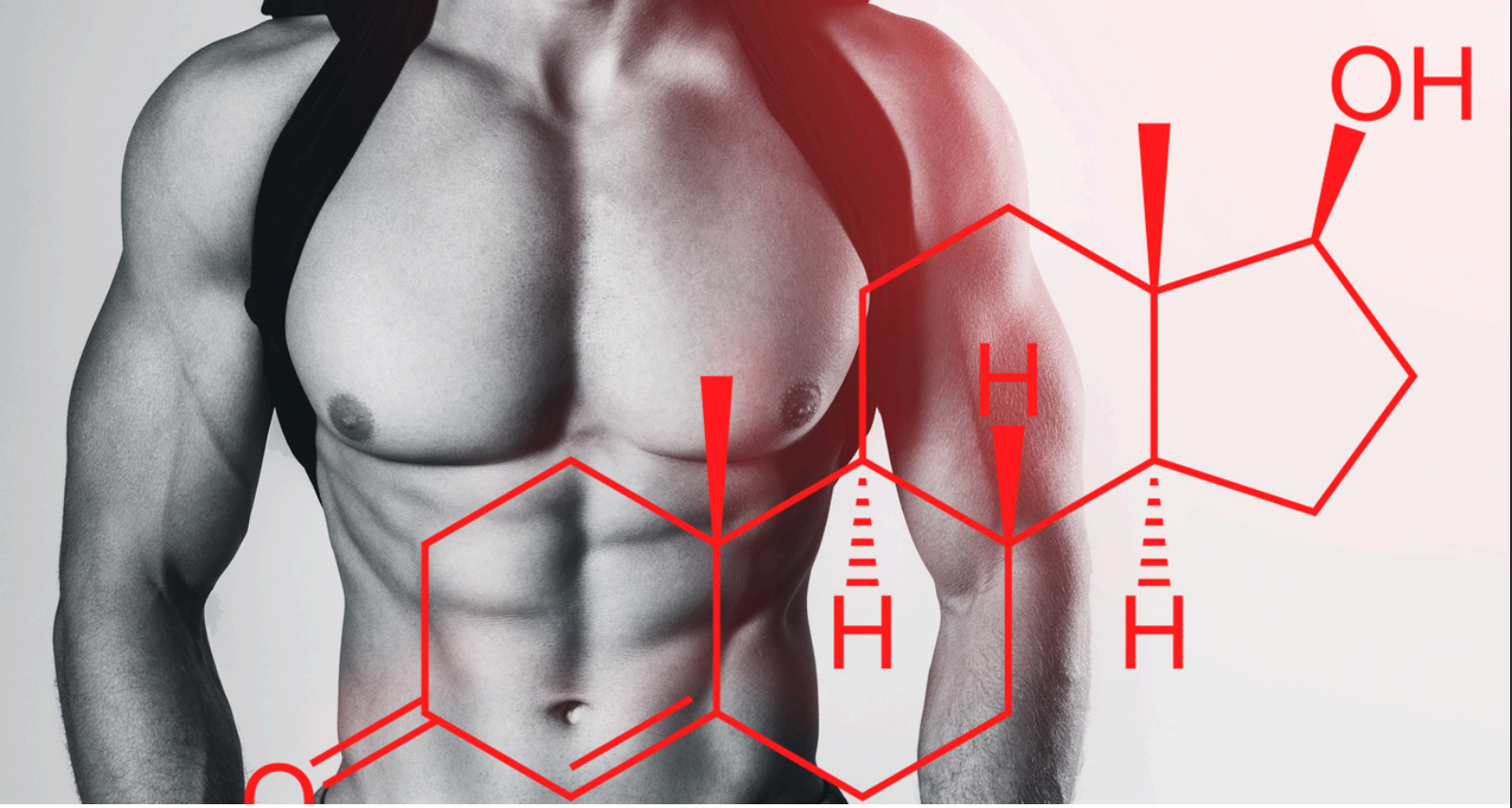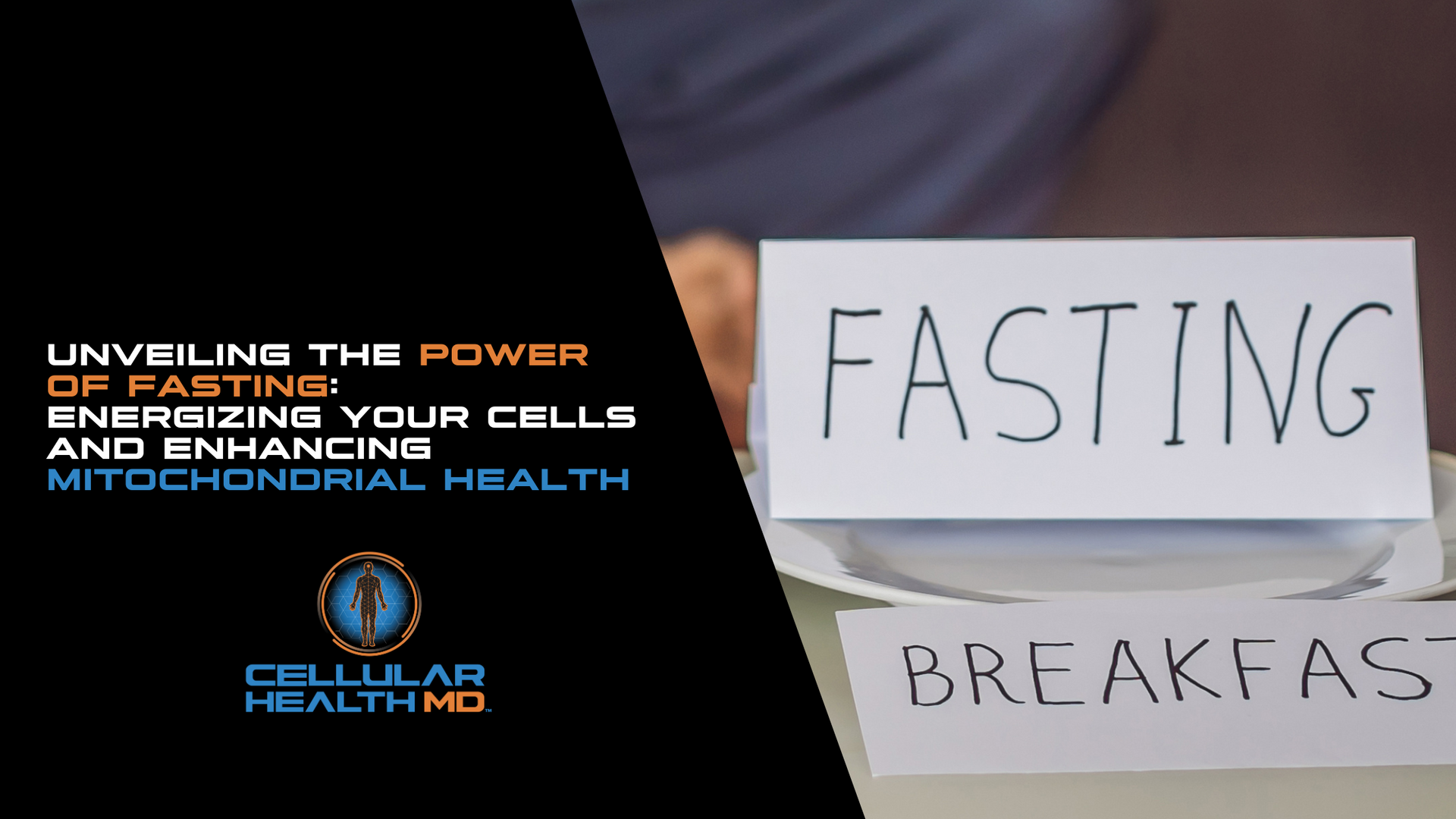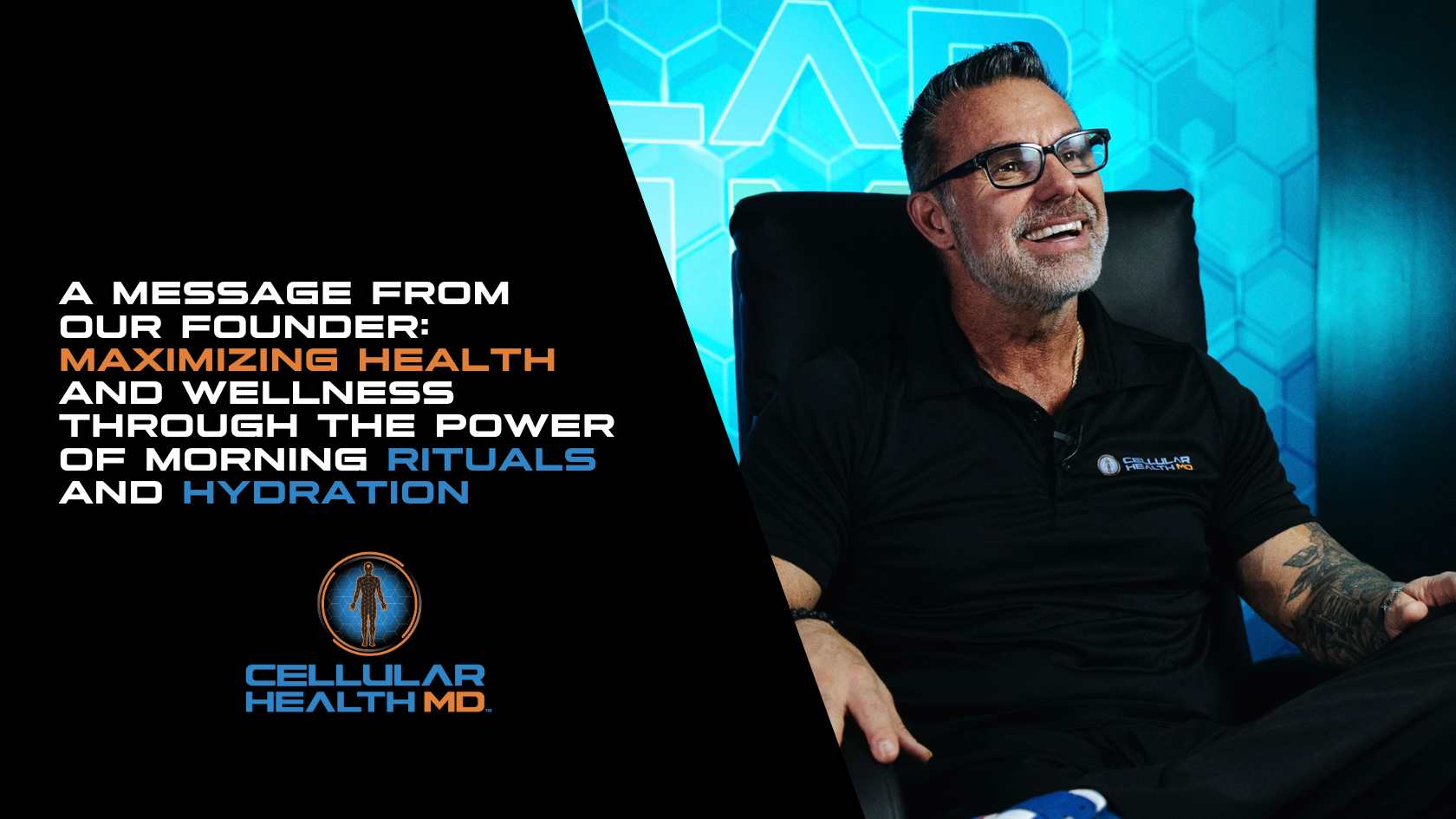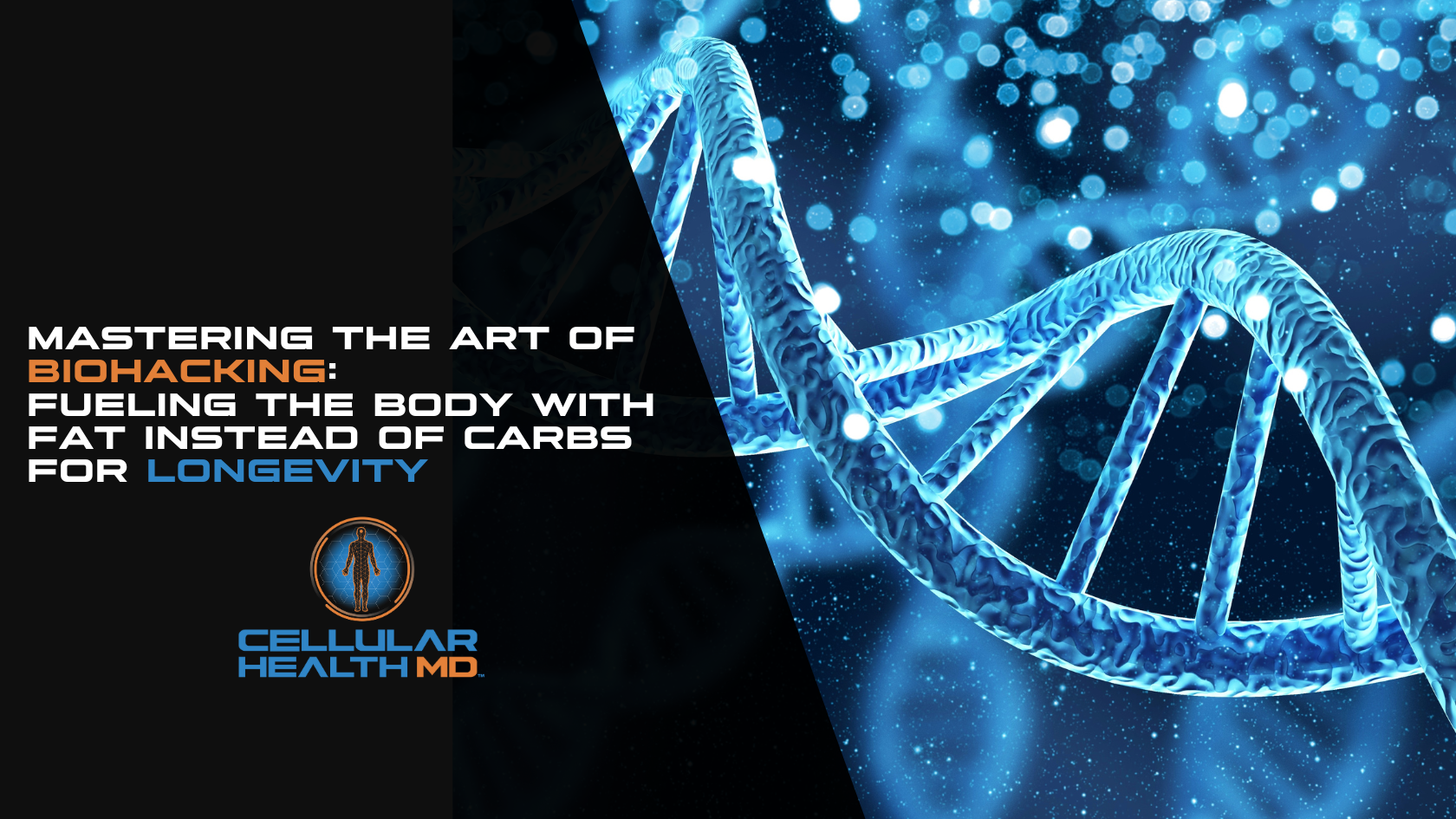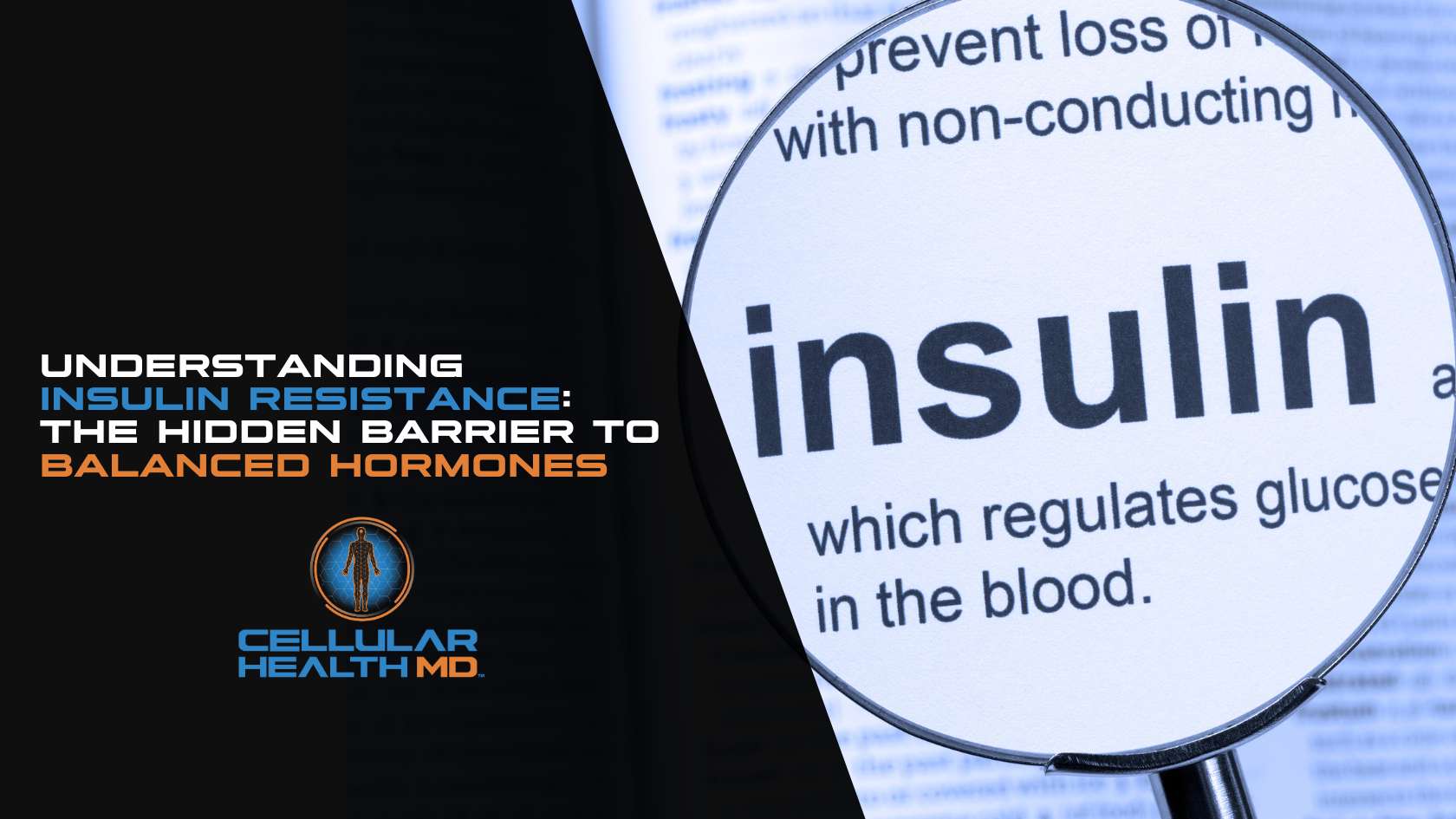Embracing Fasting: A Path to Cellular Wellness and Mental Health
Fasting: More Than a Religious Custom
In recent years, fasting has transcended its traditional religious and spiritual roots, emerging as a key player in enhancing mental health and cellular wellness. It's no longer just a practice for spiritual enlightenment but has become a gateway to physical and mental well-being.
Autophagy: The Hidden Gem of Fasting
What is autophagy, you ask? Imagine it as your body's internal 'spring cleaning' mechanism. When you fast for about 16 to 24 hours, your body switches to a 'starvation mode', activating autophagy. This process is like a reset button for your cells, where they discard the old, damaged parts and rejuvenate themselves.
The Science of Fasting and Cellular Renewal
During fasting, the lack of protein intake triggers autophagy. This is a pivotal moment where cells begin a self-cleansing ritual, breaking down and discarding dysfunctional components. It's like giving your body a deep cellular cleanse, promoting healthier, more efficient cells.
Muscle Building and Fasting: A Surprising Synergy
Contrary to popular belief, fasting doesn't lead to muscle loss. In fact, it can aid in muscle building. How? Through autophagy, your cells repair themselves at a molecular level, which is essential for muscle growth and maintenance.
The Holistic Impact of Fasting on Health and Wellness
Understanding the relationship between fasting and autophagy highlights its importance for overall health. Fasting isn't just about abstaining from food; it's a catalyst for your body's internal rejuvenation, enhancing bodily functions and contributing to your well-being.
Mental Health Benefits: A New Frontier
Emerging research points to a fascinating link between autophagy and mental health. This process doesn't just rejuvenate physical cells but may also positively impact neural connections and brain health, offering a comprehensive approach to wellness.
Integrating Fasting into Your Wellness Routine
Incorporating intermittent or prolonged fasting into your lifestyle could unlock your body's regenerative capabilities. Mindful fasting, backed by science, paves the way for a healthier, more vibrant life.
Guidance from the Hormone and Wellness Clinic
At our Hormone and Wellness Clinic, we are dedicated to exploring innovative strategies like fasting and autophagy. We offer guidance and expertise to help you harness these natural processes for enhanced wellness and vitality.
Conclusion: Fasting as a Holistic Health Tool
While fasting has various motivations, its role in stimulating autophagy is crucial. It's a powerful tool for cellular rejuvenation, offering a pathway to overall well-being. Our clinic is here to guide you on this transformative journey towards a healthier you.
Remember, fasting is not just a practice but a journey towards holistic health. It's about empowering yourself to unlock your body's innate healing capabilities, leading to a more vibrant and rejuvenated you. Let's embrace this journey together!
